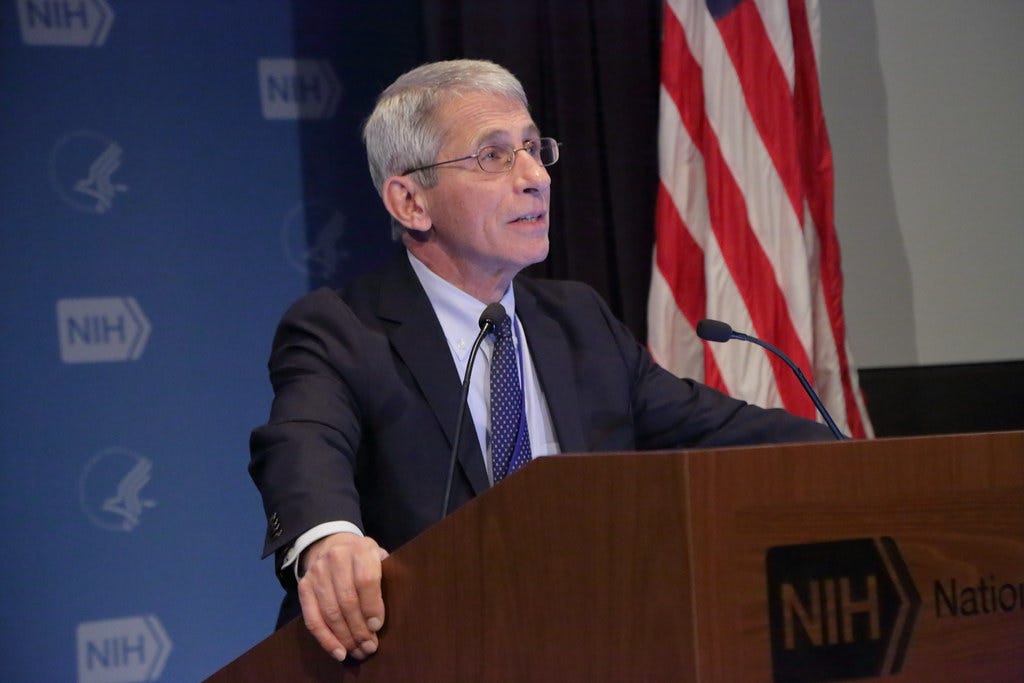In Final Hours of Presidency, Biden Provides Preemptive Pardons for Potential Trump Retribution Targets, Including Members of His Family
Notably absent from the list of pardons are Steve Donziger, Edward Snowden, and Julian Assange.
In the waning hours of his presidency this morning, as previously rumored, Biden issued pardons for potential political targets of Trump’s incoming Department of Justice, including:
Anthony Fauci, chief White House medical advisor during the COVID-19 pandemic
General Mark Milley
Liz Cheney and others in the House committee that investigated January 6th
Various members of his family.
Biden had faced scrutiny from across the political spectrum due to the unprecedented nature of the act. Some fear that a precedent has now been set for future presidents to preemptively absolve themselves or those in their inner circles of crimes. One may recall that Trump was also rumored to be considering preemptive pardons for himself and those in his inner circle at the end of his last term. Additionally, the efficacy of preemptive pardons has not been well tested.
Notably absent from Biden’s complete list of pardons are Steve Donziger, an attorney and activist who’d attempted to pursue RICO charges against Chevron for dumping toxic waste into indigenous rivers in Ecuador and has faced years of retaliation from Chevron and a corporate-aligned judge, including jail time and disbarment, and Edward Snowden, the ex-government employee and whistleblower who blew the lid on odious government surveillance programs that violated the rights of citizens currently facing a 30-year sentence and living in exile in Russia.
To Biden’s credit, he commuted the sentence of Leonard Peltier, the indigenous activist accused of murdering two FBI agents under the conditions of an unfair trial. Earlier this year, he also extended Julian Assange (WikiLeaks publisher) a plea deal which kept him out of US prison and thereby nullified extradition requests against him, allowing him to return home to Australia. However, as part of this plea deal, Assange needed to plead guilty, tarring him as a journalist and setting a dangerous precedent for future journalists that they may face espionage charges for leaking secret government information, arguably a breach of the First Amendment.



